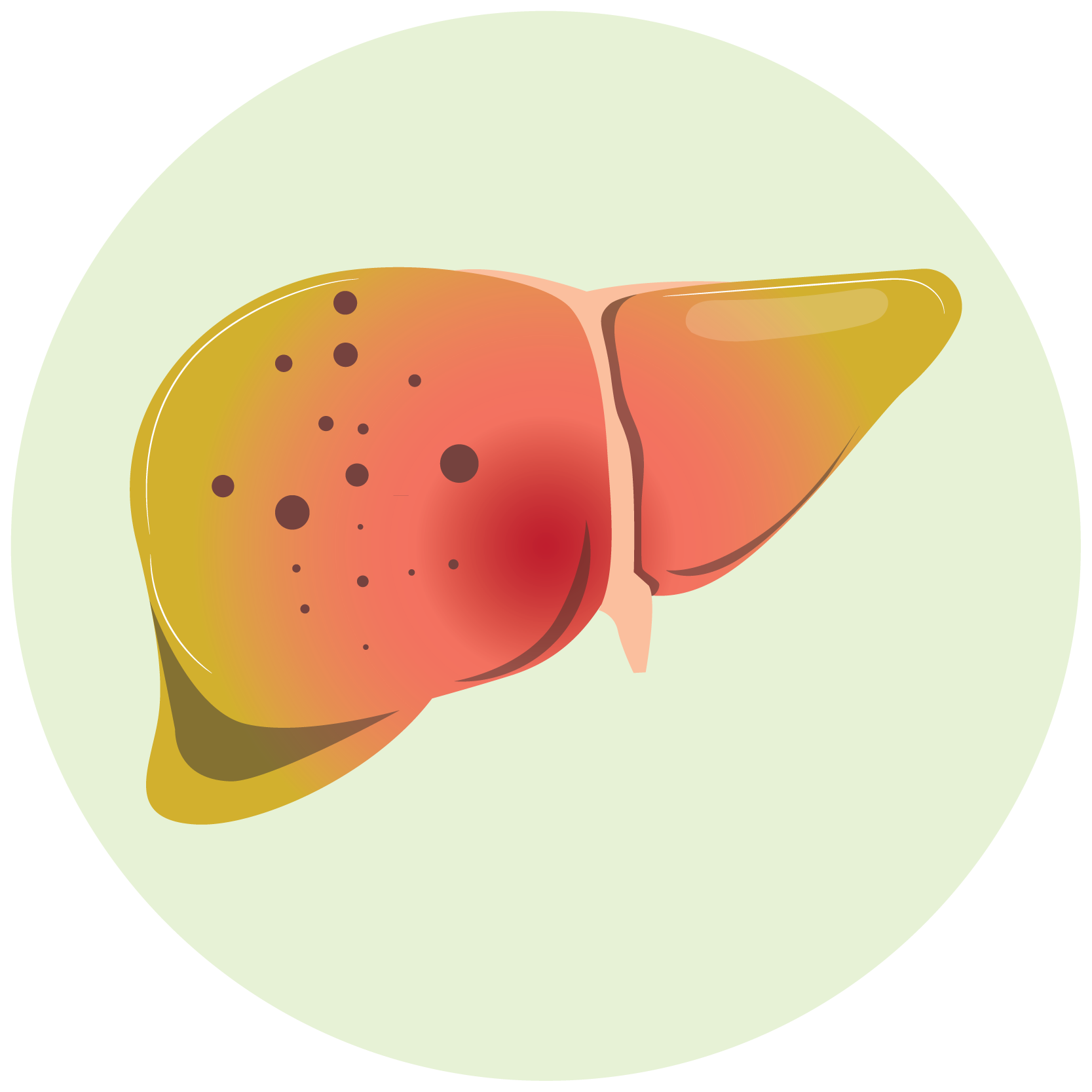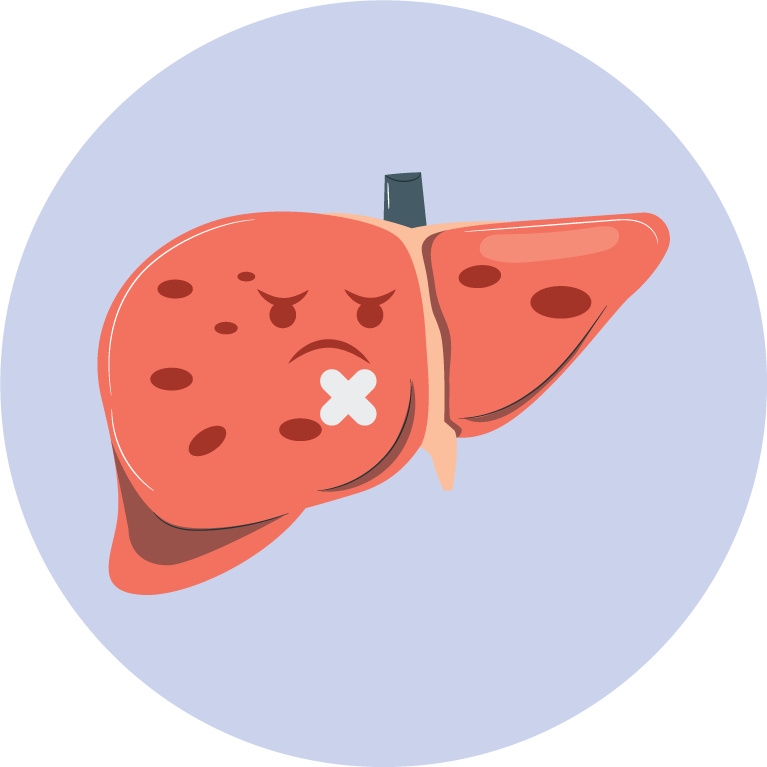| Name | Fenofibrate |
| Classes |
Metabolic Agent Antihyperlipidemic/Lipid Lowering Agent |
| Diseases |
Cardiovascular Disease High Cholesterol Hypertension (High Blood Pressure) |
Fenofibrate
Fenofibrate is a fibrate-class oral medicine used to treat abnormal blood cholesterol levels.
Fenofibrate is indicated for the treatment of-
- Primary Hyperlipidemia ( including hypercholesterolemia & hypertriglyceridemia)
- Limitation of use: In a broad, randomized controlled trial of patients with type 2 diabetes mellitus, fenofibrate at a dose equal to 145 mg was not found to lower coronary heart disease morbidity and mortality.
- Before starting FENOFIBRATE, patients should be put on a lipid-lowering diet that they should follow for the duration of their treatment. FENOFIBRATE tablets can be taken with or without food.
- Primary Hypercholesterolemia or Mixed Dyslipidemia: The initial dose of FENOFIBRATE is 145 mg once daily.
- Severe Hypertriglyceridemia: The initial dose is 48 to 145 mg per day. Dosage should be individualized according to patient response, and should be adjusted if necessary following repeat lipid determinations at 4 to 8 week intervals. The maximum dose is 145 mg once daily.
- Impaired Renal Function: In patients with mild to moderately impaired renal function, FENOFIBRATE should be started at a dose of 48 mg per day and increased only after evaluating the effects on renal function and lipid levels at this dose. In patients with severe renal impairment, FENOFIBRATE should be avoided.
Commonly reported side effects associated with the use of fenofibrate include-
- Hepatic dysfunction (increased liver enzyme)
- Rash
- Abdominal pain
- Nausea
- Vomiting
- Diarrhea
- Flatulence
- Patients on fenofibrate have been reported to develop myopathy and rhabdomyolysis. Risks are enhanced when a statin is used with it (with gemfibrozil having a substantially greater rate), especially in older individuals and those with diabetes, renal failure, or hypothyroidism.
- FENOFIBRATE can raise transaminase levels in the blood. During therapy, have your liver tests, particularly ALT, monitored on a regular basis.
- FENOFIBRATE causes cholelithiasis by increasing cholesterol excretion into the bile. Gallbladder tests are recommended if cholelithiasis is suspected.
- When used in conjunction with oral coumarin anticoagulants, exercise caution. To avoid bleeding problems, adjust the coumarin anticoagulant dosage to keep the prothrombin time/INR at the optimal level.
- Post-marketing reports have included acute hypersensitivity responses such as anaphylaxis and angioedema, as well as delayed hypersensitivity reactions such as severe cutaneous adverse drug reactions.
Contraindication
Known hypersensitivity to Fenofibrate.
Fenofibrate is contraindicated in the following health conditions-
- Active liver disease
- Gallbladder diseases
- Severe renal problems, including dialysis patients
- Lactation
 Bangla
Bangla English
English







